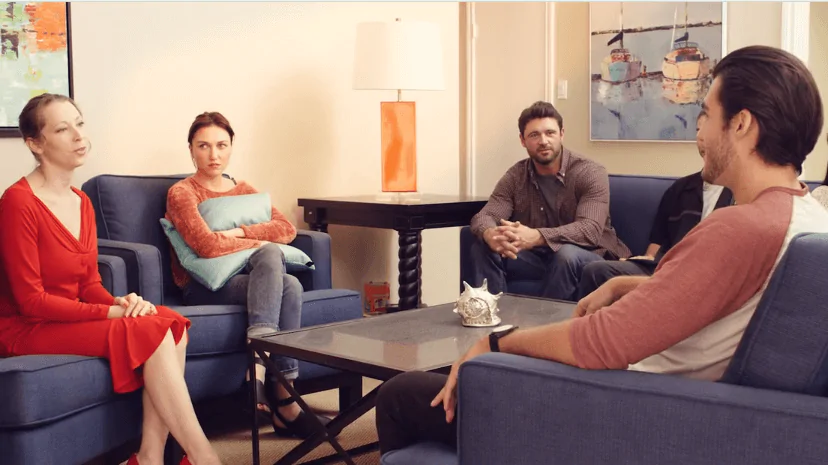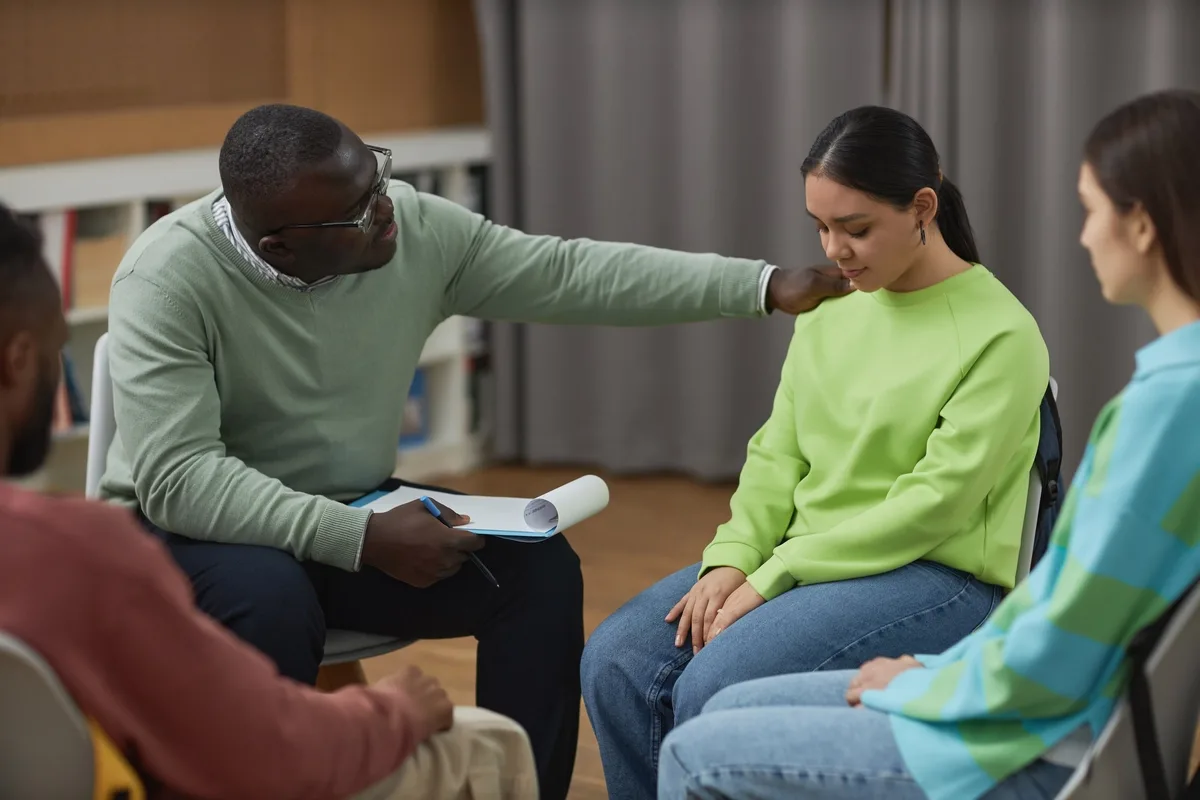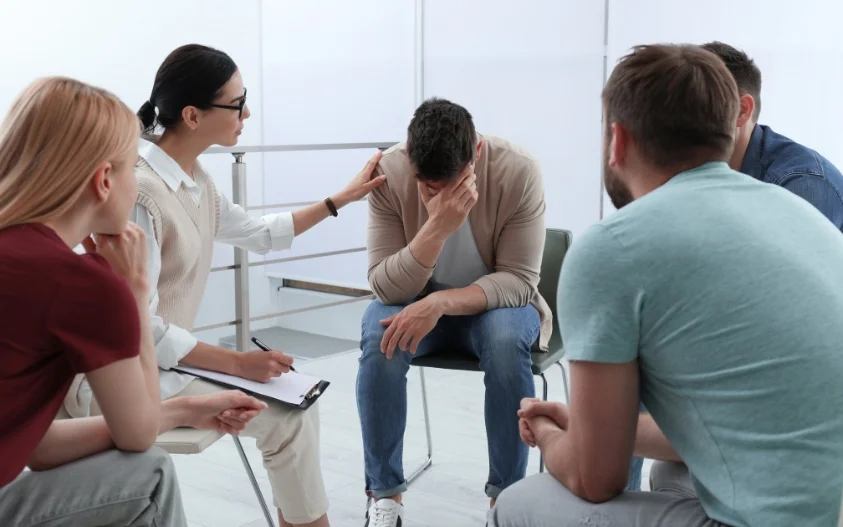24/7 Helpline:
(866) 899-221924/7 Helpline:
(866) 899-2219
Learn more about Depression Treatment centers in Red Wing
Depression Treatment in Other Cities

Other Insurance Options

Health Net

Cigna

Private insurance

State Farm

UnitedHealth Group

Access to Recovery (ATR) Voucher

AllWell

Magellan Health

Ambetter

Coventry Health Care

Meritain

Lucent

CareFirst

UMR

Providence

Highmark
Beacon

Sutter

Oxford

Self-pay options


Wenden Recovery Services
Wenden Recovery Services is a private rehab located in Red Wing, Minnesota. Wenden Recovery Services...

Common Ground Treatment
Common Ground Treatment is a private rehab located in Red Wing, Minnesota. Common Ground Treatment s...





































































Southern Highlands CMHC
Southern Highlands CMHC is a private rehab located in Welch, West Virginia. Southern Highlands CMHC ...

Southern Highlands Community Mental Health Center
Southern Highlands Community Mental Health Center offers regular physician's services, OBMAT, DUI cl...

















































